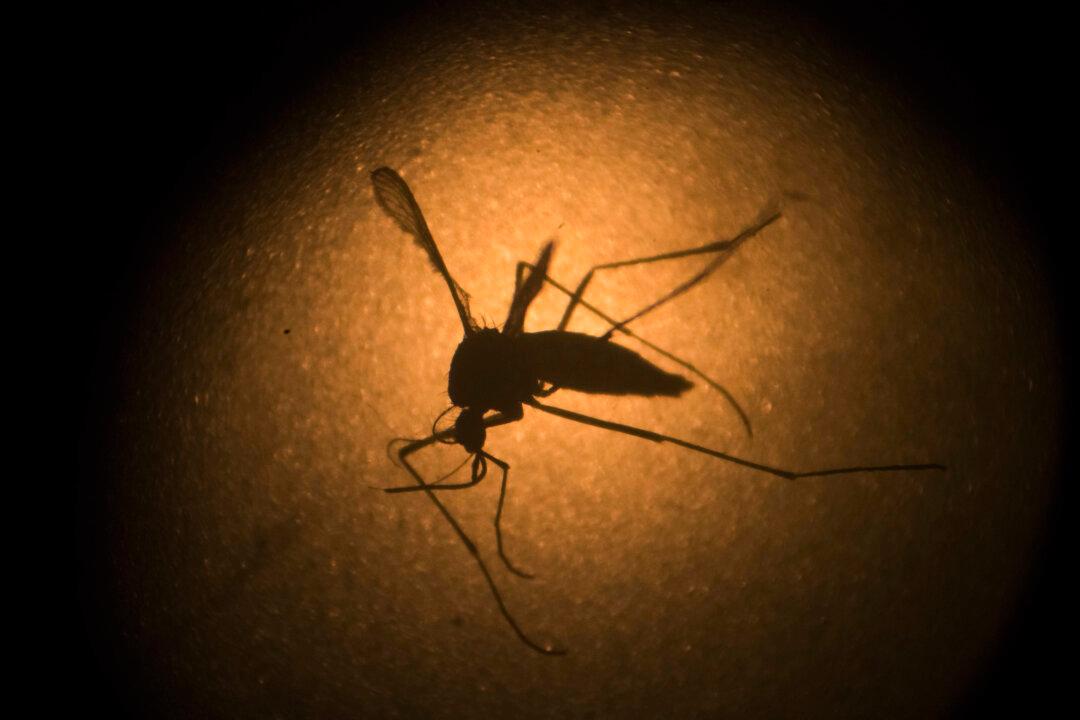WASHINGTON—An experimental vaccine for the Zika virus is due to begin human testing in coming weeks, after getting the green light from U.S. health officials.
Inovio Pharmaceuticals said Monday it received clearance from the Food and Drug Administration to begin early-stage safety tests of its DNA-based vaccine against the mosquito-borne virus. That puts the company ahead of researchers at the National Institutes of Health, who have said they expect to begin testing their own DNA-based Zika vaccine by early fall.
Inovio’s vaccine is intended to prime the immune system to fight Zika by introducing genetically-engineered material that mimics the virus. Inovio reports that animals tested with the vaccine developed antibodies and immune-system cells that attack Zika.
The NIH is working to develop a Zika vaccine by swapping out the genetic material from its experimental West Nile virus vaccine.






